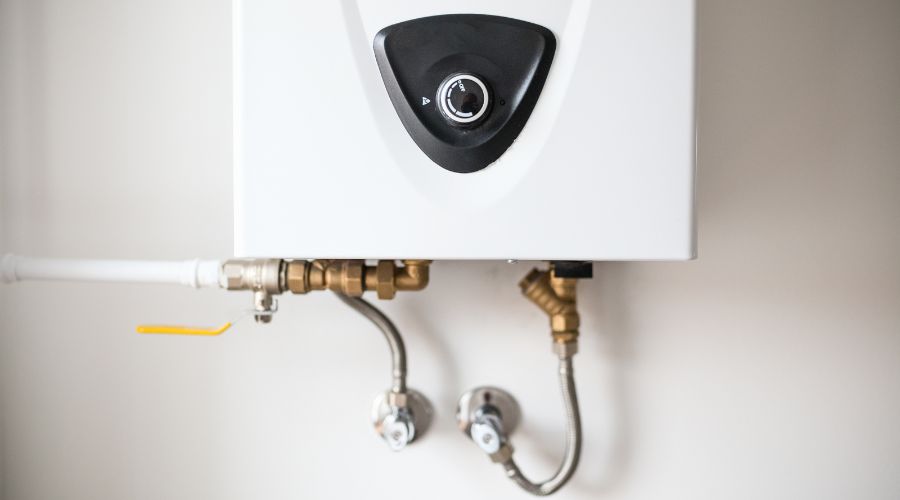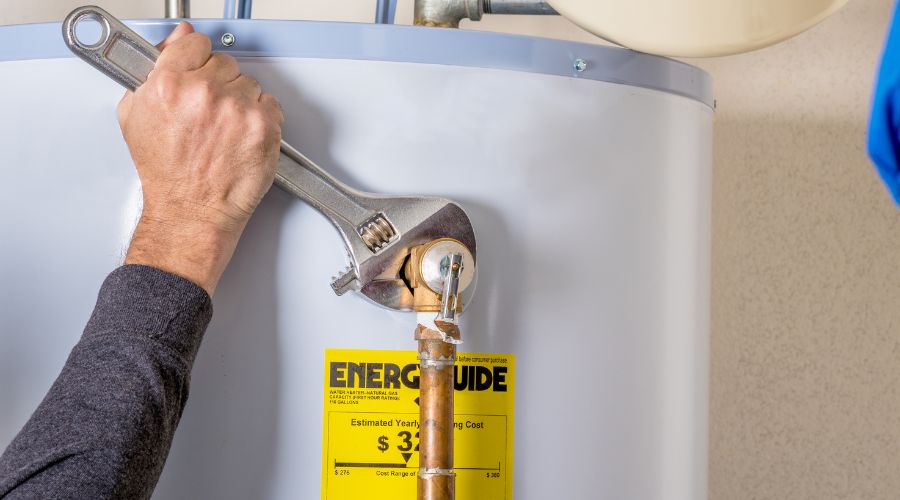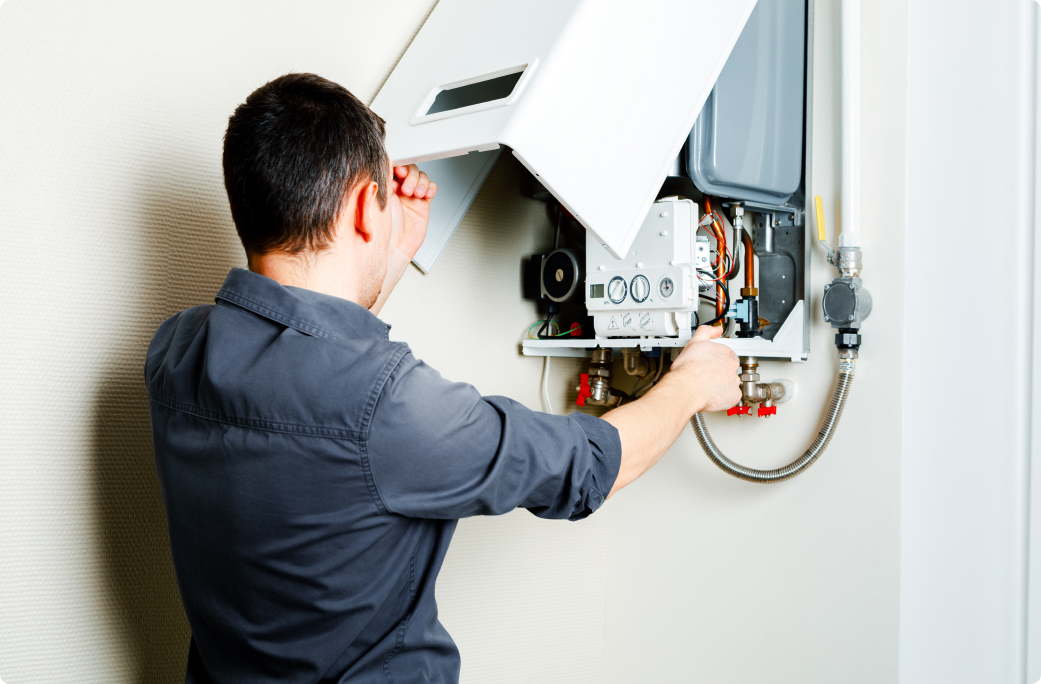When it comes to heating water for your home, there are two primary options to consider: gas and electric water heaters. Both have their advantages and disadvantages, and understanding these can help you make an informed decision. This article aims to provide a comprehensive comparison of gas and electric water heaters, helping you choose the right one for your needs.
Overview of Gas and Electric Water Heaters
Before jumping into the specifics, let’s briefly discuss what gas and electric water heaters are. Gas water heaters use natural gas or propane to heat water, whereas electric water heaters use electricity. Both types of heaters come in two main variants: tank and tankless. Tank heaters store hot water in a large tank, while tankless heaters heat water on demand.
Cost and Energy Efficiency
When it comes to upfront costs, electric water heaters are usually less expensive than their gas counterparts. They are easier to install, requiring less intricate venting systems. However, the lower upfront cost can be offset by the operational costs.
In terms of operational costs, gas water heaters are generally more cost-efficient in the long run because natural gas and propane are cheaper than electricity in most areas. Although gas heaters are less energy-efficient than electric models due to energy loss through venting, the lower fuel cost makes them a preferable option for many homeowners.
Heating Speed
Gas water heaters tend to heat water faster than electric ones. This means that they can handle high demands for hot water better, like multiple showers taken consecutively or at the same time. On the other hand, if your hot water usage is moderate or well-spread throughout the day, an electric heater should suffice.
Lifespan and Maintenance
Gas water heaters typically have a shorter lifespan compared to electric ones, largely due to their complex structure and the corrosive nature of gas. They also require more frequent maintenance to ensure safe and efficient operation. Electric heaters, being less complex, last longer and require less maintenance.
Safety and Environment Considerations
Electric water heaters are considered safer as they don’t carry the risk of gas leaks or carbon monoxide poisoning. However, they can still pose risks like any electrical appliance if not properly maintained.
From an environmental perspective, electric heaters can be more eco-friendly, especially if powered by renewable energy sources like solar or wind power. Conversely, gas heaters emit greenhouse gases and contribute to air pollution.
Availability of Energy Source
The availability of an energy source is a critical factor in choosing a water heater. For instance, if your home doesn’t have access to natural gas, an electric heater may be your only option.
Wrapping Up: Which One is Right for You?
Choosing between a gas and electric water heater depends on several factors including cost, efficiency, heating speed, lifespan, safety concerns, environmental impact, and availability of energy sources.
If you live in an area where electricity is relatively cheap, or you have access to renewable energy sources, an electric heater may be a good fit. They’re also a great choice for those who value safety, low maintenance, and a longer lifespan.
On the other hand, if you have access to natural gas and high hot water demand, a gas water heater might be more suitable. They are generally less expensive to operate and can heat water faster.
There is no one-size-fits-all answer when it comes to choosing a water heater. It’s about understanding your specific needs, circumstances, and budget. Whichever type of water heater you choose, remember the importance of regular maintenance to ensure it operates efficiently and lasts as long as possible.
If you live in Rock Springs, WY and you’re not sure where to start, contact the experts at Water Heater Pros today. We can help you select the right water heater for your needs and budget and we can install your new water heater properly.



